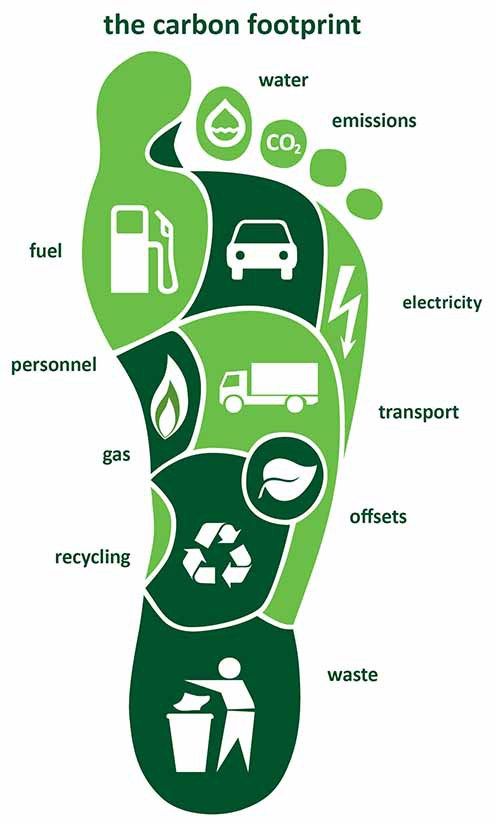It’s no secret that everyone needs to work together to take better care of our planet. However, with the overwhelming amount of advice out there, it’s easy to feel paralyzed and ignore the problem instead of taking action. Libby Neeser, a 21-year-old at the University of Minnesota, shares this sentiment with her group of friends.
In search of some simple solutions to this problem, I talked to Samara Hatecke, a fourth-year sustainability and environmental major.
“Sustainability is making something last. How much it can sustain you, whether social or environmental, is putting that together so it can last,” she said.
While there are many barriers to implementing sustainability on a large scale. We can make personal changes to reduce our carbon footprint. Hatecke recommends starting small and building new habits over time.
Here are some ways to reduce your carbon footprint:
- Transportation/Traveling
Credit: Wikipedia
Using public transportation and driving less are ways to reduce carbon footprint, said Hatecke. Consider taking the bus or train instead of Ubering or driving on the weekends. With a valid U of M student ID, you can use the bus system for free. It runs every day from about 3:30 a.m. to 1:30 a.m. daily. For non-metro pass holders, local fare is $2, the Nicollet Mall zone is free and the downtown zone is 50 cents.
2. Consumption
Credit: iStock
Think about what you consume on the weekends. Do you overconsume? Shopping, drinking out of to-go cups, eating out and wasting food are all common examples. The clothing industry is the world’s third-largest greenhouse polluter as of 2021, said Action for Climate Change. Instead of buying new clothes consider thrifting or re-wearing outfits. Bring your own water bottle and choose your restaurants wisely to reduce your consumerism, said Hatecke.
3. Correct disposal of waste/Informed spending
Credit: Waste360
Knowing your waste and how to correctly dispose of it is another crucial aspect of reducing your carbon emissions. A simple step such as choosing the right waste bin can generate profit and saves energy, but not recycling costs money, said the Minnesota Pollution Control Agency.
Choosing the right waste bin can generate profit and save energy. Be mindful of what you’re throwing away and whether it can be recycled. Plan your meals (I just started doing this) and shopping trips to reduce food waste. If your city provides an “organics” trash can use it for food waste.
We will inevitably continue consuming in the world we live in today, but by slowing down and using the right tools at our fingertips, we can make a world of difference. I’ve made these changes in my weekend routine over the course of three weeks and have saved money while reducing my carbon footprint.
“The more people have the pattern, the easier it is for society to adjust to these changes as well as the government and companies,” said Hatecke.
The earth can heal itself if we help it, it is just as human as us and we should treat it with care, because after all, it is our home.

